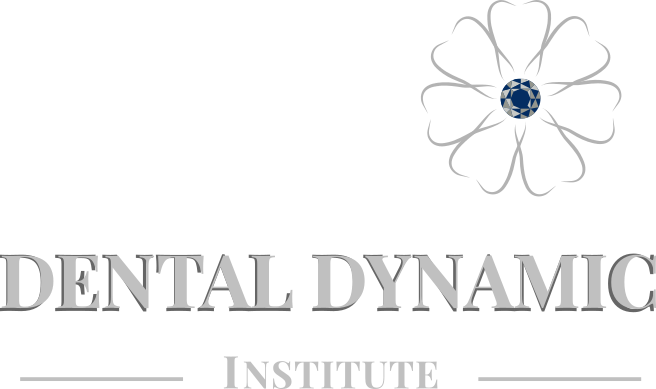Accounts Receivable in a Dental Office: Understanding its Importance
Managing a dental practice involves juggling numerous responsibilities, from patient care to administrative tasks. One crucial aspect that often requires careful attention is managing accounts receivable (AR). While it might not be the most glamorous part of running a dental office, understanding and effectively managing AR is essential for maintaining a healthy cash flow and ensuring the financial stability of your practice. In this blog post, we'll delve into the importance of accounts receivable in a dental office and offer some tips on how to manage it effectively.
What is Accounts Receivable?
Accounts receivable refers to the outstanding invoices or money owed to a business by its patients or insurance companies for services rendered. In the context of a dental office, this could include fees for dental treatments, procedures, or consultations that have been provided but not yet paid for.
The Importance of Accounts Receivable in a Dental Office
Cash Flow Management
Effective management of accounts receivable is crucial for maintaining a steady cash flow in your dental practice. Delays in collecting payments can lead to cash flow shortages, making it challenging to cover operating expenses such as salaries, rent, and supplies. By staying on top of your AR, you can ensure that you have sufficient funds to keep your practice running smoothly.
2. Financial Stability
A healthy accounts receivable balance is a sign of a financially stable dental practice. It indicates that patients are paying their bills on time, insurance claims are being processed efficiently, and the practice is generating a consistent revenue stream. This financial stability not only boosts your practice's reputation but also provides you with the confidence and resources to invest in new equipment, technology, or staff training.
3. Patient Relationships
Effective management of accounts receivable can also have a positive impact on patient relationships. Clear communication about billing policies, payment options, and outstanding balances can help build trust and transparency with your patients. This, in turn, can lead to increased patient satisfaction, loyalty, and referrals, which are essential for the long-term success of your dental practice.
Tips for Managing Accounts Receivable Effectively
Establish Clear Billing Policies: Clearly communicate your billing policies to patients, including payment due dates, accepted payment methods, and any late fees or penalties. Make sure to provide this information in writing and review it with patients during their initial consultation or treatment planning.
Implement Efficient Billing Systems: Utilize dental practice management software to streamline the billing process, generate invoices, and track outstanding balances. Automated reminders can also be set up to notify patients of upcoming or overdue payments, reducing the likelihood of missed payments.
Monitor Accounts Receivable Regularly: Regularly review your accounts receivable aging report to identify any overdue accounts or outstanding balances. Follow up promptly with patients or insurance companies to resolve any discrepancies or issues and collect payments in a timely manner.
Offer Flexible Payment Options: To make it easier for patients to pay their bills, consider offering flexible payment options such as installment plans, credit card payments, or online payment portals. This can help reduce financial barriers and encourage timely payments.
Train Staff on Accounts Receivable Management: Ensure that your front office staff is well-trained in accounts receivable management practices, billing procedures, and customer service skills. Regular training sessions and updates can help keep your team informed and equipped to handle billing inquiries and collections effectively.
Managing accounts receivable is a critical aspect of running a successful dental practice. It impacts your cash flow, financial stability, and patient relationships. By understanding the importance of accounts receivable and implementing effective management strategies, you can maintain a healthy financial position, enhance patient satisfaction, and position your dental practice for long-term success.
Top of Form
